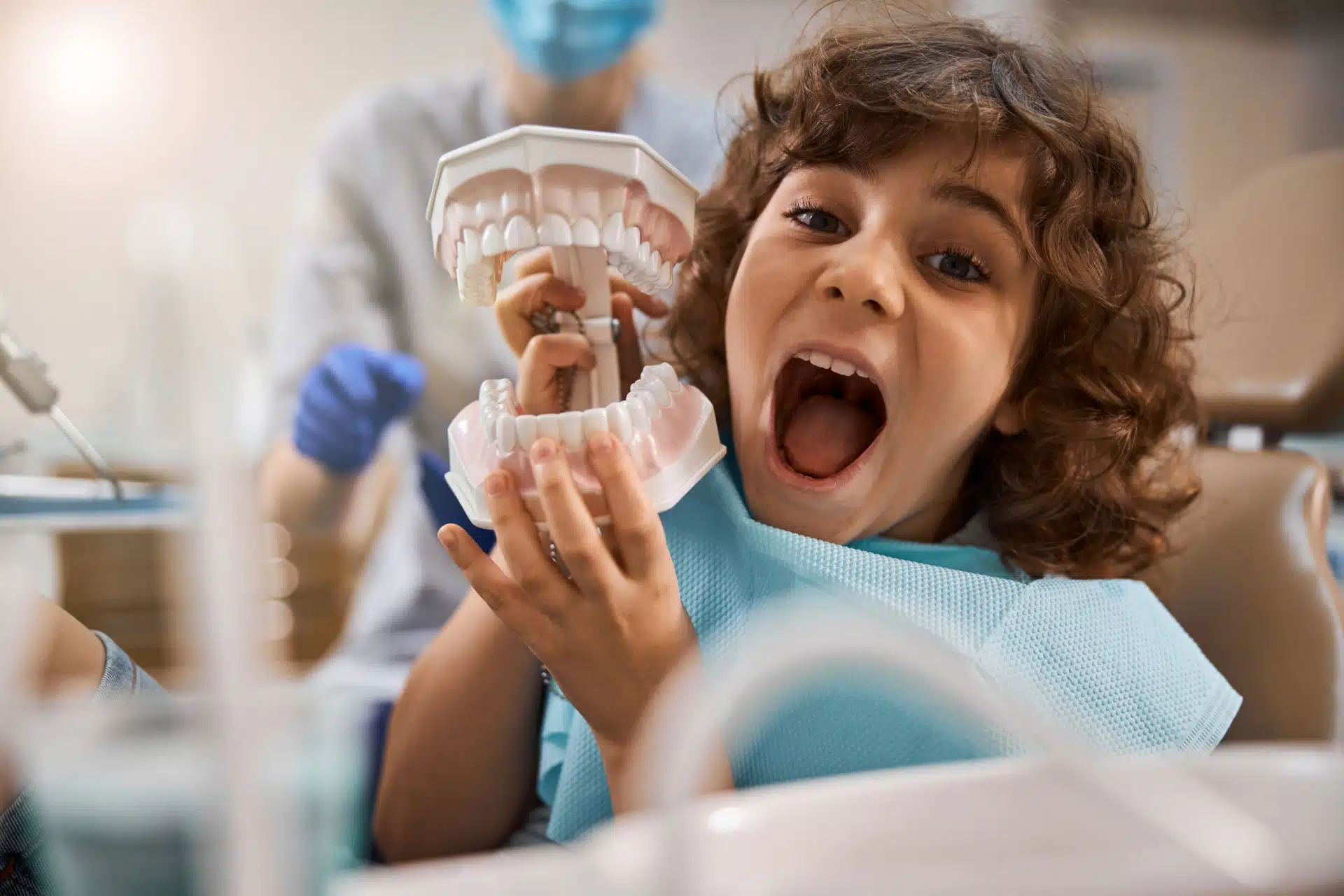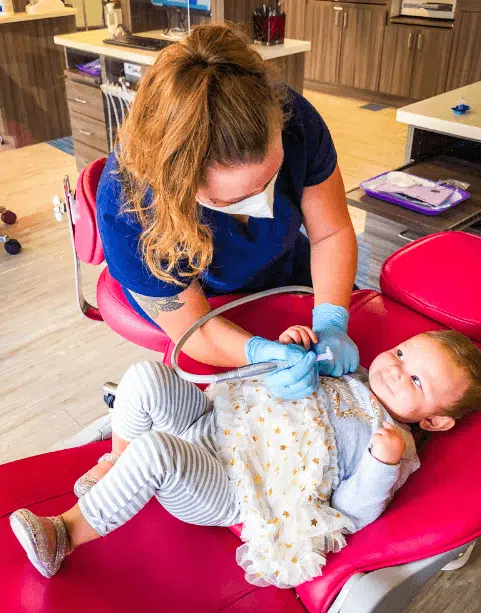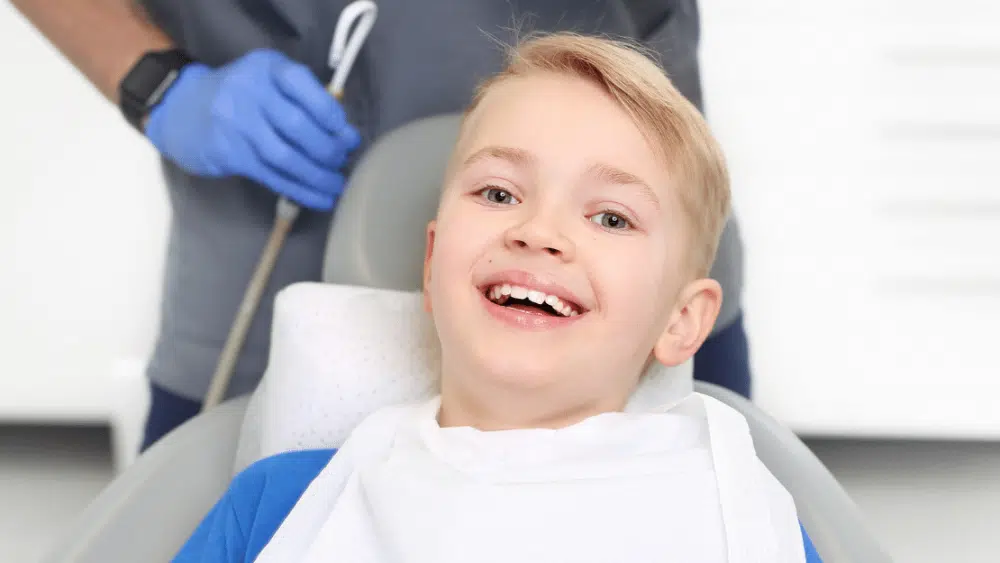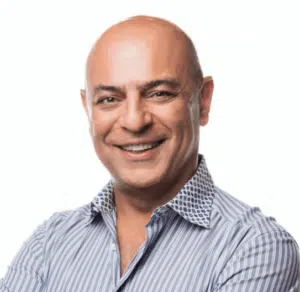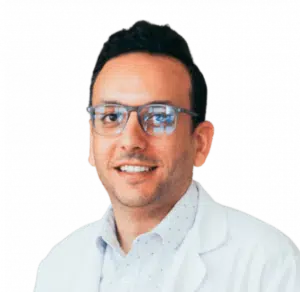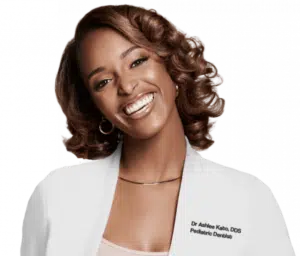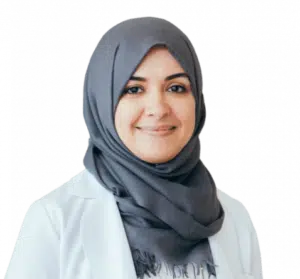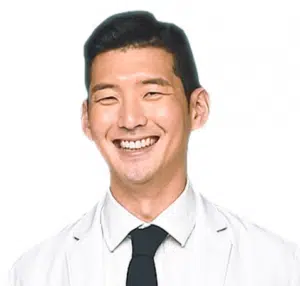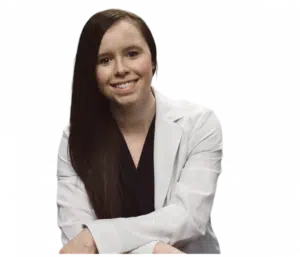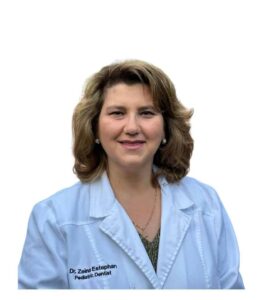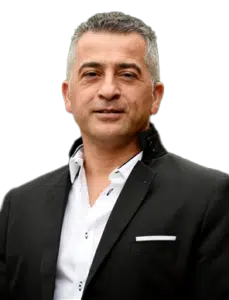LET'S SMILE DENTAL - Virginia
WELCOME TO LET'S SMILE DENTAL









Why Choose Us
The team at Let’s Smile Dental has the drive, passion, compassion, and abilities to excel in both performance and patient satisfaction—ensuring the best experience at all 8 of their locations in Virginia.
ADVANCED TECHNOLOGY
Our modern practice incorporates the utilization of both skill and innovation to create an efficient experience.
ALL UNDER ONE ROOF
Across our locations, our team caters to the needs of both children and adults through services such as preventative care, pediatrics, orthodontics, implantology, oral surgery, TMJ therapy, and more!
CUSTOMIZED CARE
As part of our approach, we believe in building personalized plans tailored to the unique needs of each patient.

BENEFITS & SAVINGS WITH DENTAL CARE
JOIN OUR 7&UP CLUB
Want to keep an eye on your child’s oral health? Join our 7&Up Club to enjoy home-based smile monitoring, amazing prices, and exciting bonuses! We guarantee that it’ll keep both you and your child excited about dental care!
EXCLUSIVE OFFERS FROM LOCAL BUSINESSES
Parents enjoy incredible benefits from businesses in the community.
AN ANNUAL BIRTHDAY GIFT
Because your child deserves to feel special on their special day.
MEET THE DOCTORS
As a team, our providers are unified by the shared mission of providing patients with the highest quality care. Across our practice, our doctors collaborate with each other and with patients in order to ensure a positive patient experience and smile satisfaction.

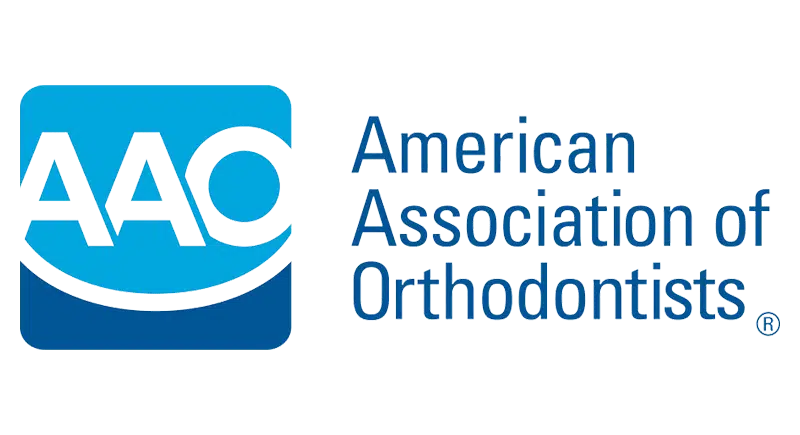


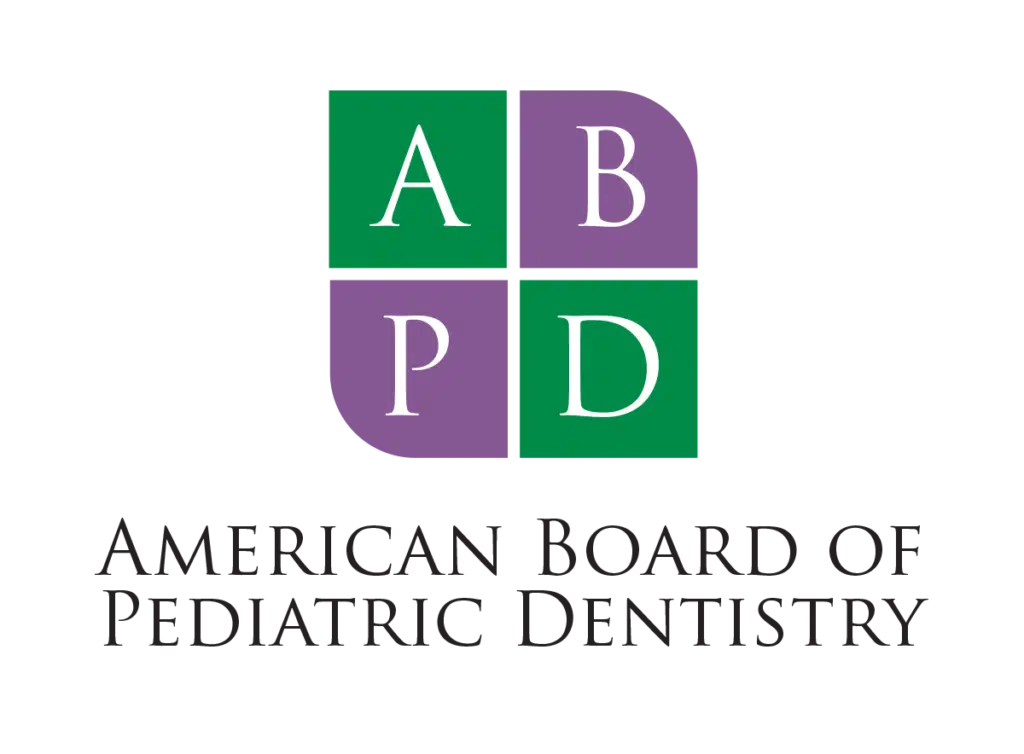
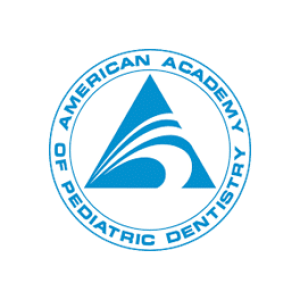
What our patients are saying
If you are interested in reading about other patient’s experiences with our practice and our services, please take a look at our patient reviews!
OUR SERVICES
Check out our services to explore what we offer and how we can advance your smile wellness!
